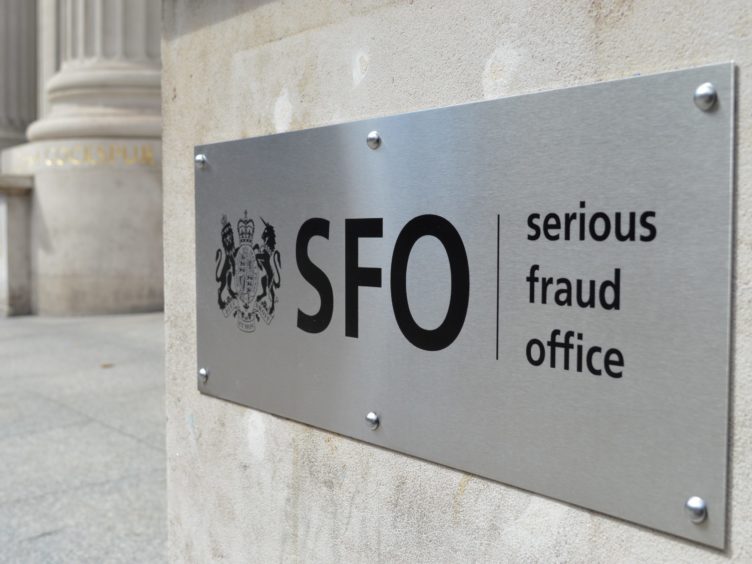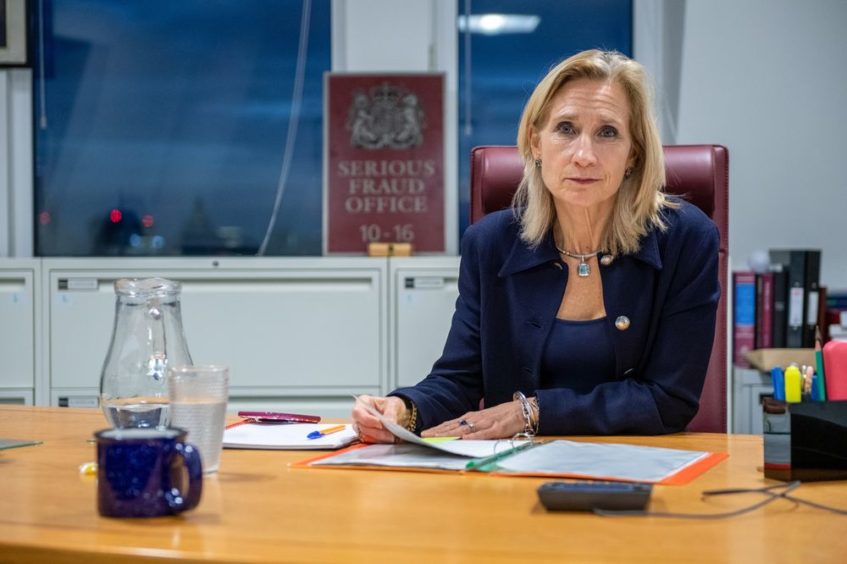
The Serious Fraud Office (SFO) saw one of its Unaoil convictions thrown out earlier this month and appeals for a second are moving ahead.
The Court of Appeal ruled, on December 10, that the conviction of Ziad Akle was “not safe”. It ordered that this be quashed and rejected the idea of a retrial.
Akle was sentenced to five years’ imprisonment, in July 2020, for paying $500,000 in bribes to secure a $55 million contract for SBM Offshore. The service company had contracted Unaoil to win a contract in Iraq.
However, the way in which the SFO went about securing the convictions has come under fire. In particular, links between Florida-based David Tinsley and the UK crime-fighting agency were criticised by the court.
Paul Bond also worked for SBM and, in March this year, was found guilty on two counts of conspiracy and sentenced to three and a half years in prison. The SFO said Bond had, with Unaoil employees, funnelled $900,000 in bribes to Iraqi public officials to ensure contract wins for SBM.
Bond is now appealing against his conviction. Where the court found Akle’s conviction to be unsafe, so too should Bond’s, the executive’s lawyers say.
Nothing short of scandalous
Joseph Kotrie-Monson of Mary Monson Solicitors, representing Bond, said the SFO’s conduct during the case “from the very top down, to the lawyers managing disclosure for the trial has been by any measure nothing short of scandalous”.
The solicitor will this week ask for the state to release Bond on bail, he told Energy Voice.
Kotrie-Monson noted a meeting between SFO head Lisa Osofsky and Tinsley as raising “serious questions”. The Ahsanis, the family that owned Unaoil, had retained Tinsley. The UK did not charge any of the Ahsanis, relinquishing this role to US investigators.
Osofsky “actively encouraged [Tinsley] to approach defendants in this case which her agency was prosecuting to persuade them to plead guilty. This is exactly what he did, making false promises of immunity,” the Mary Monson lawyer said.
“We say that the conduct of Ms Osofsky’s office was not only a low point in the history of modern prosecution, it was a grave interference with the administration of justice.”
The ruling from the Court of Appeal noted that Osofsky had met Tinsley but that most of the discussions had been with the agency’s chief investigator, Kevin Davis. The ruling went on to say Davis had few notes of his talks with Tinsley.
The defence asked Davis to provide records of his meetings with Tinsley on July 11, 2019. On July 16, Davis wiped his SFO-issued mobile phone, preventing the recovery of any text messages. The explanation was that the chief investigator had repeatedly entered the incorrect code.
The judge in the original trial expressed some misgivings about the role of Tinsley in the SFO’s activities. The Florida man was a “freelance agent who was patently acting only in the interests of the Ahsanis”, the judge said.
Material means
Kotrie-Monson said his client, Bond, would soon be 70 years old. “He is right now serving in prison following a conviction made possible by the tapping up of his co-defendants by the very agency which was prosecuting him,” the lawyer said.
The SFO failed to disclose material to the defence, Kotrie-Monson said.
Other legal observers have also raised questions about the SFO’s disclosure. A paper from Mayer Brown, for instance, said the ruling called into question the “the conduct and judgment of the SFO at its highest level”.
The Court of Appeal also issued findings on the sentence handed down to Bond and Akle. It found that these were “stiff” but not excessive.
In its early December ruling, the court noted Bond had been the sales manager for the Middle East at SBM. The accusation was that Bond had revised internal South Oil Co. (SOC) documents on the two other competing bids for the work. The executive revised the documents “so as to favour SBM’s products”. He also allegedly helped prepare a table by which bids should be judged.

 © Bloomberg
© Bloomberg